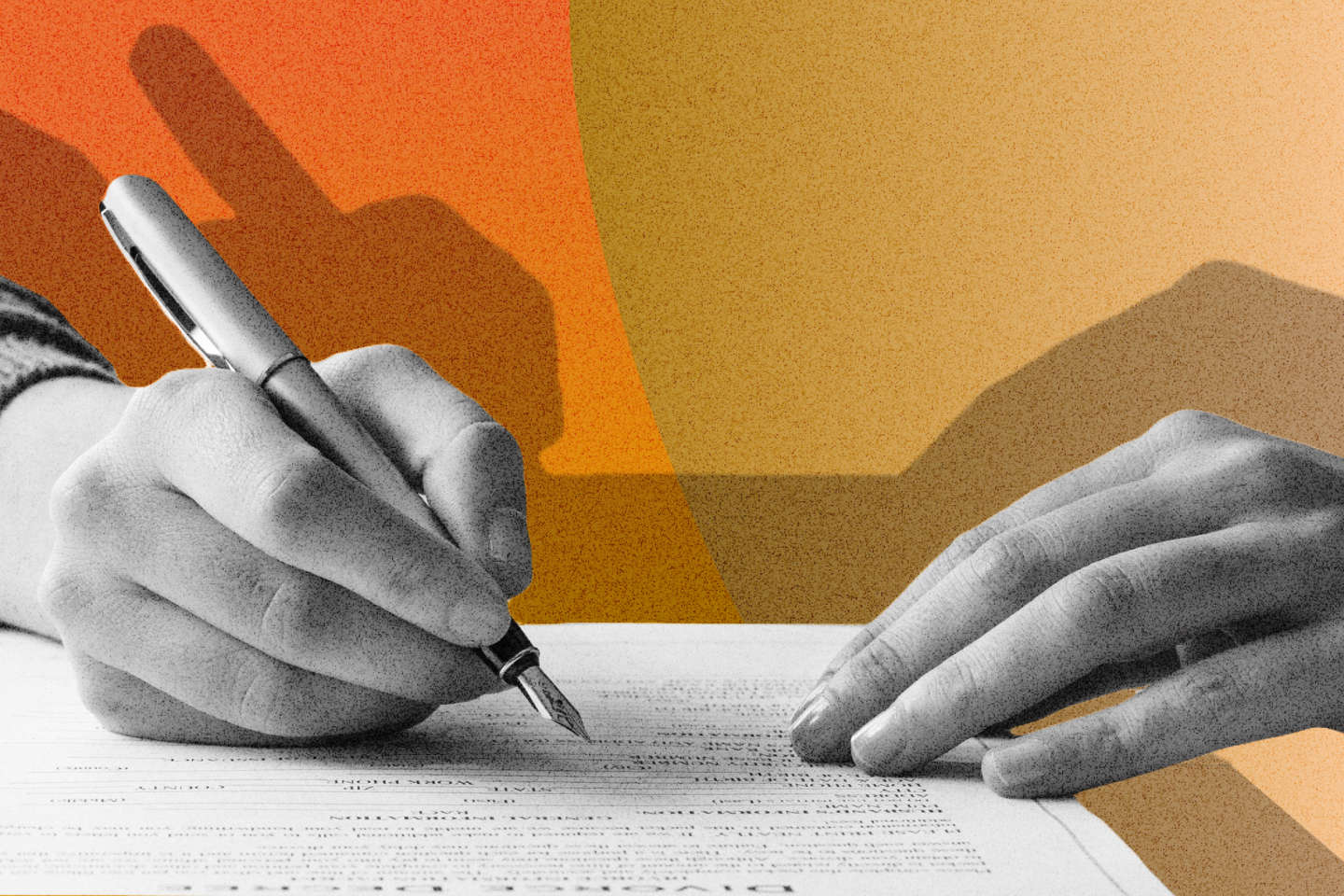Anyone who fears that his last wishes will be challenged must, when drafting or dictating them, scrupulously respect the rules of the Civil Code. If he opts for the so-called “holographic” will, he must write it entirely in his own hand, then date and sign it (article 970).
No question, therefore, of resorting to electronics! The High Court of Metz, on August 17, 2018, invalidated the will by SMS that a man had sent to his sister a few minutes before committing suicide, and which he had worded as follows: “You can see (sic) with the lawyer that granny gets my share thank you kisses and put me next to my father and my sister. » The court explained that the writing requirement is intended to “limit the risk of falsification” and to “ guarantee sufficient reflection on the part of the testator”.
The holographic will can be written on any medium (and even on the back of a board), in ink or in pencil, in French or in a foreign language… provided, however, that this language is understood by its author. On May 14, 2003, a German died in France, leaving a written will, dated and signed by his hand, but… written in French, a language he does not speak.
His three children, unhappy to learn that he has made his sister his universal legatee, attack the act, arguing that it should have been written.é “in a language understood by its author”. The Court of Cassation ruled in their favor on June 9, 2021 (19-21.770). The testator could have written his will in German and attached a French translation. He could also have gone to a notary with a sworn interpreter, in order to have a so-called “authentic” will drawn up.
The authentic will (article 972) must be drawn up by a notary, in the presence of two witnesses or a second notary. It is necessarily dictated by the testator. Considered the safest, it is invalidated the least often… unless the formalism of the dictation has not been respected.
An aphasic and a blind
On September 26, 2007 (05-19.909), the Court of Cassation thus ruled that a will pre-drafted by the notary, at the request of the testatrix (who wanted to bequeath her property to her municipality), and read by the latter in presence of witnesses, was not valid. On June 29, 2011 (10-17.168), she canceled a will for the benefit of the Foundation for Orphans Apprentices of Auteuil which had been prepared by the notary; and this although, in front of the witnesses, the testatrix repeated each sentence that the notary read and approved it…
You have 54.11% of this article left to read. The following is for subscribers only.
